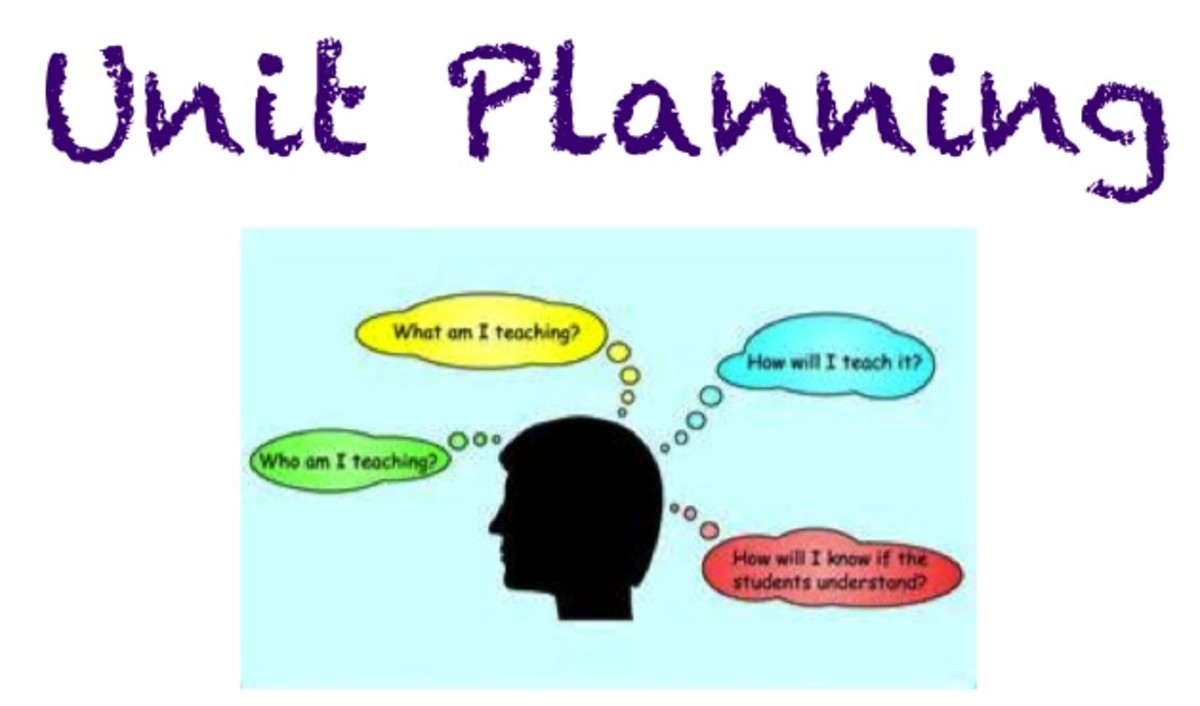Educational Psychology - Its Definition and Purpose in Teaching and Learning


Defining Educational Psychology
Snowman and McCown (2012) defines this field as a scientific discipline that is concerned with understanding and improving how students acquire a variety of capabilities through formal instruction in classroom settings. Meanwhile, Berliner (2006) described educational psychology as a scientific discipline that uses psychological concepts and research methods to understand how the various characteristics of students, teachers, learning tasks and educational settings interact to produce the everyday behaviors common in school setting. Simply put, Gines, et. al (1998) defined it as the study of the application of psychology to teaching and learning to guide facilitators help others maximize their potential.
Although educational psychology is already a branch of psychology, this is still a broad discipline. Psychological theories, with regard to personality, human development, motivation and learning, psychometrics are all considered in this discipline so as to improve the quality of teaching and education in general.
Its Purpose and Function
1. It guides the teachers in understanding the characteristics of learners in each stage of development.
The development of learners is considered in terms of physical, cognitive, language, psychosocial and moral. Teachers need basic knowledge of these to help them design instruction according to learners’ stage of development.
2. It presents different theories of learning.
Knowledge of these theories will help teachers identify factors affecting learning which will serve as guide in preparing instructional programs for learners.
3. It provides scientific approach and methods for teaching different knowledge, skills and values.
New ideas to improve teaching and learning are derived from research. Teachers as agents of knowledge should also develop researches on effective teaching and learning. Also, a teacher must create and follow systematic and organized lesson plans depending on its content and type of learners.
4. It enhances the procedure of effective teaching and learning.
Teachers must update themselves with the current trends in education and be open-minded in adopting innovations in teaching so as to adjust to the changing conditions of teaching and learning
5. It defines the climate or environment for favorable working relationships.
Teaching, described as a many sided task, must interact with multi-personalities such as parents, co-teachers, school administrators, guidance counselors, community officials and students to meet the objectives of their profession. They must also be familiar with the technologies and media that are used for instruction.
6. It directs assessment procedures in the teaching-learning events.
Knowledge of problem solving skills help teachers to make sound decisions in evaluating their learners. Teacher records, measures and assesses the students’ progress so as to come up with a judgment based on quantitative and qualitative data. Assessment procedures are also designed based on the type of the learners, the content and the objective of the lesson.
Although there is rich knowledge and varied approaches in educational psychology, this is relatively helpful. It will only bring effectiveness if and only if the teacher is willing to apply this psychological knowledge and put this into action so as to enhance the teaching and learning conditions.
Role of Research in Educational Psychology
As education evolves through time, the innovations are done through scientific studies known as research. Teacher research has been defined as systematic, intentional inquiry by teachers about their own school and classroom work (). The following are examples of research methodologies used in education:
1. Historical research
The researcher examines the records of earlier investigations done and from already available data about causes, effects and trends during the past. After thorough analysis, conclusions are drawn.
2. Experimental research
The researcher determines the effectiveness of different instructional methods.
3. Causal-Comparative research
Variables compared to each other are examined if there is a causal relationship existing.
4. Correlational research
Variables are examined if there is a relationship existing.
5. Evaluation research
Formative and summative evaluation of child’s learning outcomes are measured and analyzed
6. Qualitative research
The researcher becomes an observer or a participant and analyzes the data to support his investigation. The four sources of data or documentation are observation, interview, document and tapes
7. Action research
Researcher develops useful although tentative implications for practice based on real life situation in school.
Psychologist study behavior following the scientific method which is based on four principles: (1) observation; (2) testability; (3) replication and; (4) parsimony. As a result of further research, principles and theories are developed. Principles are more general than the facts that make them up while theories are speculative and attempt to explain the why of something to organize information and apply it in varied situations. Hypotheses are formed and tested through research to verify the accuracy of the theory by means of a paradigm or simply defined as a model used to do research or collect data.
References:
Tuckman, B., & Monetti, D. (2011). Educational psychology. Belmont, CA: Wadsworth.
Snowman, J., McCown, R., & Biehler, R. (2012). Psychology applied to teaching. (13th ed.). Belmont, CA: Wadsworth.
Gines, A. et al. (1998) Educational psychology. Quezon City: Rex Printing Company Inc.








